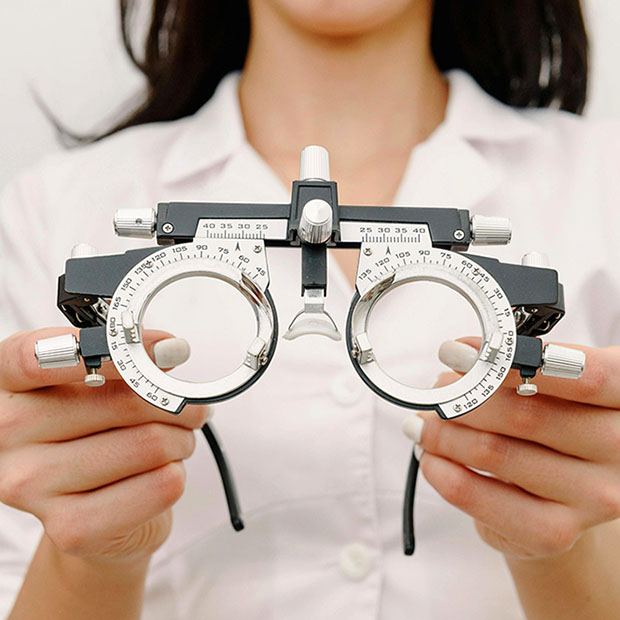A Typical Eye Exam
About one in five adults in the United States has an undiagnosed eye condition.
This underscores the critical importance of regular eye exams for maintaining optimal vision health. For those who have never undergone an eye exam, it’s natural to feel uncertain about the process. However, we’re here to demystify the experience and emphasize why it’s crucial for lifelong vision well-being.
Your Comprehensive Eye Exam: What to Expect
An eye exam is a thorough evaluation of both your vision and eye health. It encompasses a series of tests designed to assess various aspects, including visual acuity, eye function, and overall eye health. These tests typically include:
What Information to Bring
During your eye exam, your optometrist may inquire about your medical history and any current medications you’re taking. This information is vital for identifying potential underlying conditions that could impact your vision, such as diabetes or high blood pressure.
